

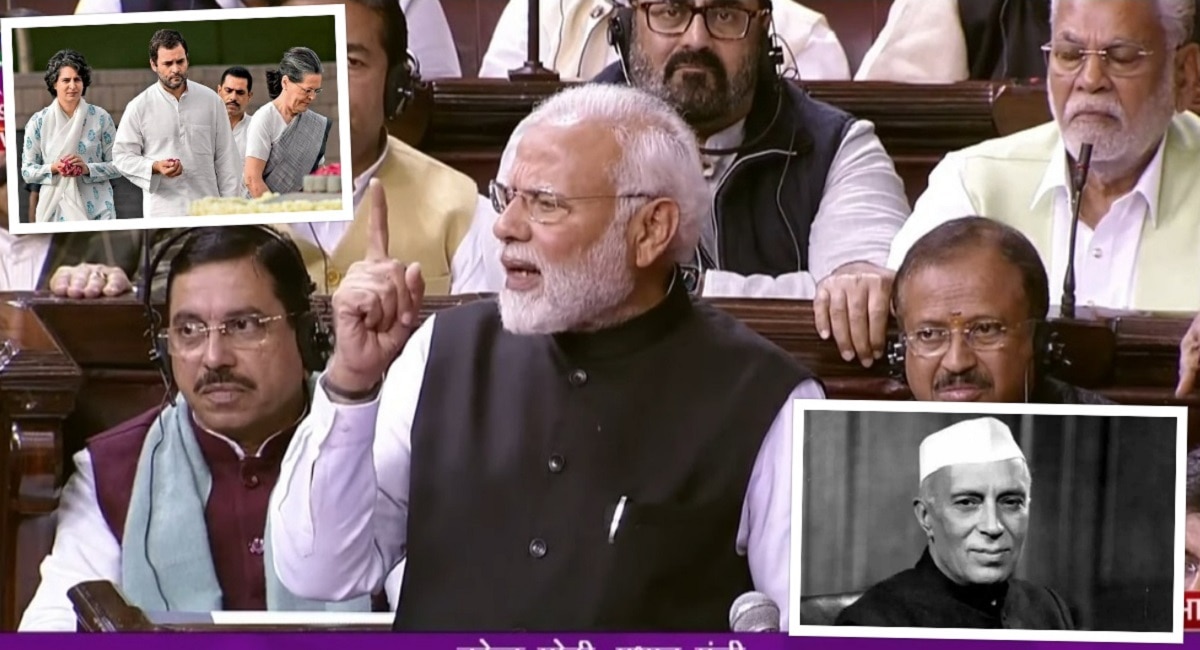
Indian Prime Minister Narendra Modi criticized the Gandhi family in a heated parliamentary debate on the 75th anniversary of the Constitution's adoption. He accused the Congress family for amending the Constitution 75 times in 55 years and defying the ideals of democracy and equality. PM Modi specifically called out former Prime Minister Indira Gandhi for disrespecting the Constitution during the Emergency and for promoting the idea of a "Committed Judiciary". He stated that the Gandhi family's bad habit of changing the Constitution for their own interests has led to the neglect of fundamental rights and the oppression of innocent citizens.
Clash of Ideologies: PM Modi Criticizes Gandhi Family's Constitutional Legacy
Background:
The Indian Constitution, adopted on November 26, 1949, is a living document that has been amended 104 times since its inception. The Gandhi family, particularly former Prime Minister Indira Gandhi, has played a significant role in its evolution through several amendments.
PM Modi's Criticism:
In a recent parliamentary debate, Prime Minister Narendra Modi criticized the Gandhi family's record on constitutional amendments. He accused them of manipulating the Constitution 75 times in 55 years to serve their own political interests.
Modi specifically highlighted:
Fallout of the Debate:
PM Modi's remarks sparked a heated debate in parliament and across the country. Supporters of the Gandhi family defended their legacy, arguing that their constitutional amendments were necessary for social justice and economic development.
Top 5 FAQs and Answers Related to Current and Past Events:
1. What is the significance of the 75th anniversary of the Constitution's adoption?
Answer: It marks a milestone in India's democratic journey and an opportunity to reflect on the Constitution's legacy and challenges it faces.
2. Why is PM Modi critical of the Gandhi family's constitutional record?
Answer: He accuses them of manipulating the Constitution for political gain, eroding fundamental rights, and undermining the judiciary's independence.
3. What were the key features of the emergency declared by Indira Gandhi?
Answer: Suspension of civil liberties, detention of opposition leaders, and censorship of the press.
4. How did the Gandhi family's concept of "Committed Judiciary" affect the judiciary's independence?
Answer: It suggested that judges should be sympathetic to the government's ideology, potentially compromising their impartiality.
5. What is the current status of the debate over the Gandhi family's constitutional legacy?
Answer: It remains a contentious issue, with supporters and critics presenting contrasting viewpoints on their impact on the Indian Constitution.

Amit Shah announced the government's goal to end Maoism in Chhattisgarh by 2026 and praised the state police for their courage and achievements in the past year. He also commended the leadership of Prime Minister Narendra Modi for the significant drop in fatalities among security forces and citizens in the past decade. Shah assured the people of Chhattisgarh that the newly elected BJP government, led by CM Vishnu Deo Sai, will work towards achieving the goal of ending naxalism in the state by March 31, 2026.

At her first Parliament session after winning the election in Wayanad, Congress MP Priyanka Gandhi Vadra caused a stir by bringing a bag with "Palestine" written on it. She has been vocal about her concerns regarding the Israeli military's actions in Gaza and has even met with the Palestine Embassy in New Delhi. However, her gesture received strong criticism from BJP MP Gulam Ali Khatana, who deemed it as a desperate attempt for attention.
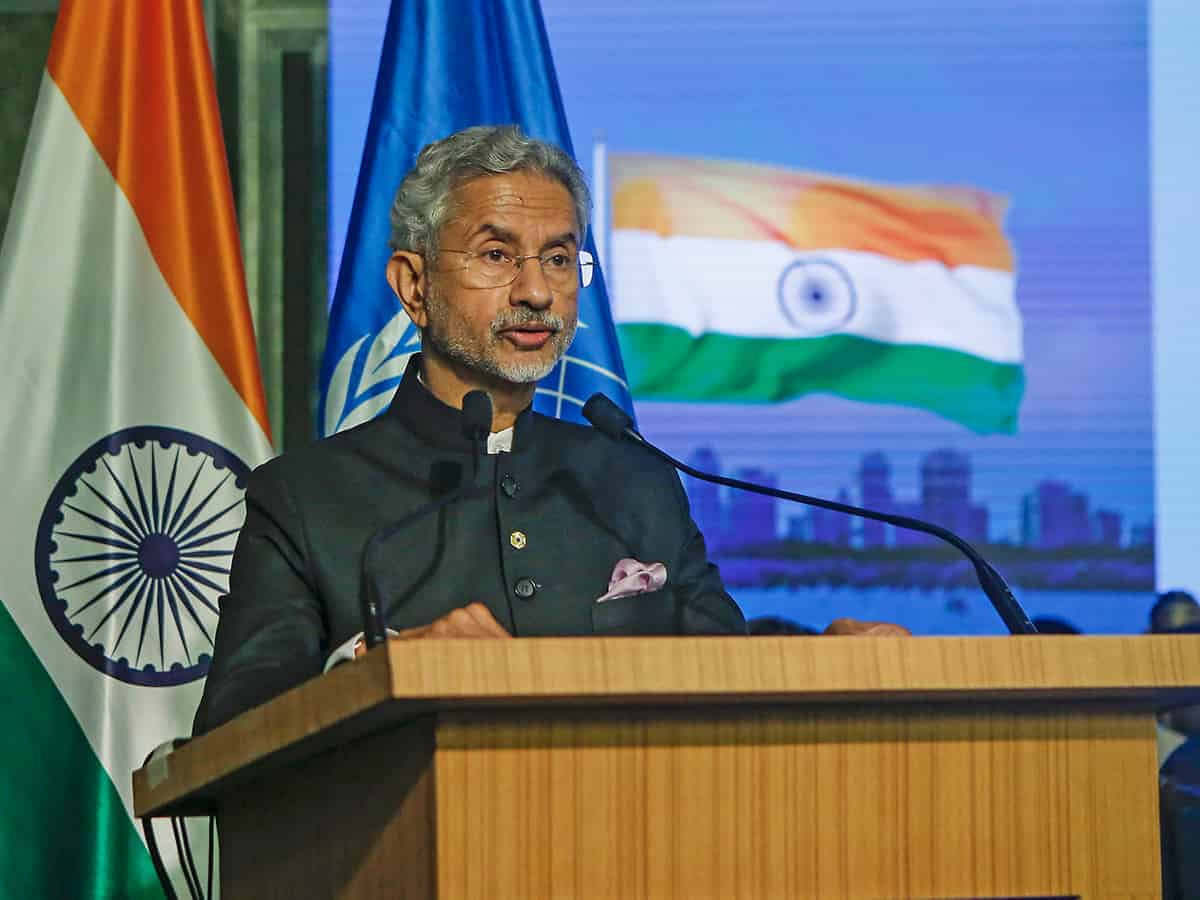
Amid Uproar, Jaishankar Confirms India's Accessibility to Depsang and Demchok Patrolling Points after Disengagement with China The ongoing tension between India and China reached the parliament when Congress MP Manish Tewari questioned the accessibility of Indian patrolling points in Depsang and Demchok after recent disengagement. In response, Minister of External Affairs S Jaishankar clarified that after the understanding between the two countries, the Indian forces now have access to all patrolling points, including the historically disputed areas in Depsang. Additionally, Indian troops have reported that Chinese troops have withdrawn from the Depsang area, allowing Indian forces to patrol the Y Junction and Raki Nala as agreed upon in the meeting.
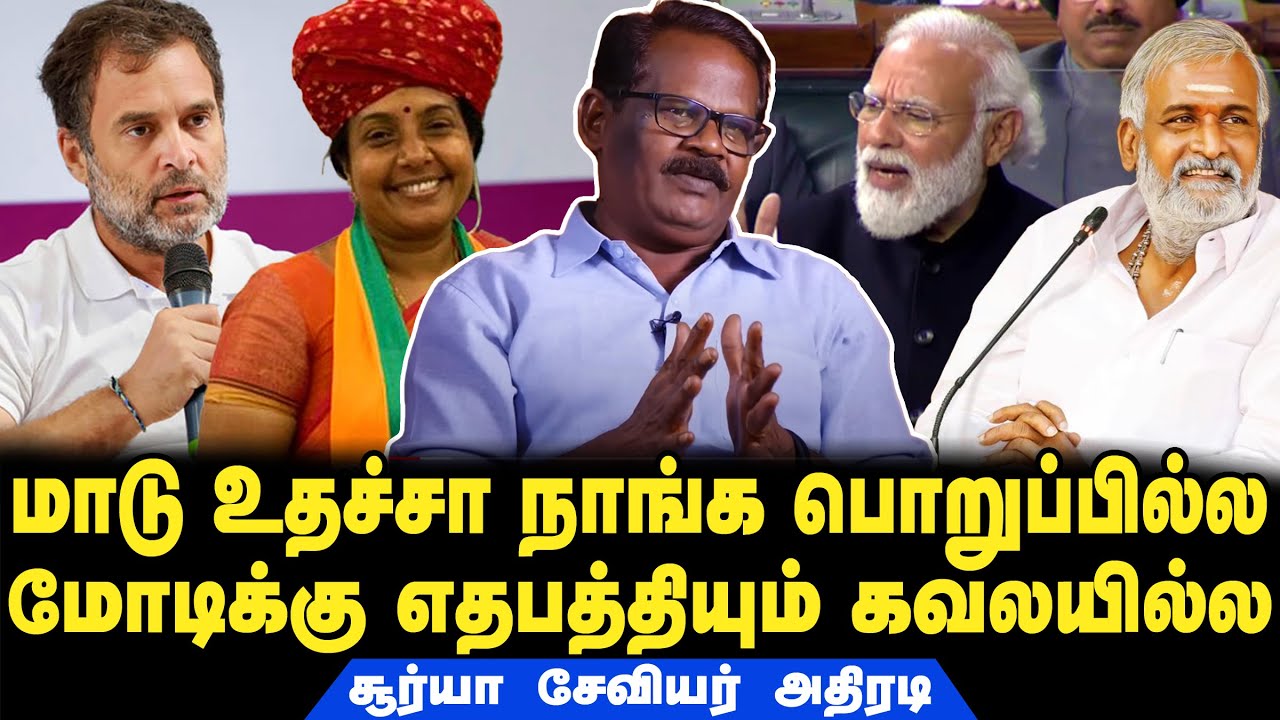
Prime Minister Narendra Modi's remarks on the Constitution during the Lok Sabha debate on Saturday sparked uproar in the Opposition benches. He accused the Nehru-Gandhi family of using the Constitution to suit their interests and claimed that his government's amendments were not for tightening their grip on power. In response, the AAP announced a special tribute on Monday to commemorate the December 16 gangrape and discuss crimes against women in Delhi in a "Mahila Adalat" format. Meanwhile, a Delhi court is expected to deliver its verdict in the 1984 anti-Sikh riots murder case involving former Congress MP Sajjan Kumar.

On December 16, India celebrates Vijay Diwas to honour the 1971 Indo-Pak war and pay tribute to the soldiers who fought for the nation's victory. The conflict was a response to Pakistan's genocide in East Pakistan and saw brave Indian soldiers sacrificing their lives for the cause of independence. With remarkable displays of strength and strategy, India emerged victorious and this day serves as a reminder of the resilience and courage of the Indian armed forces.
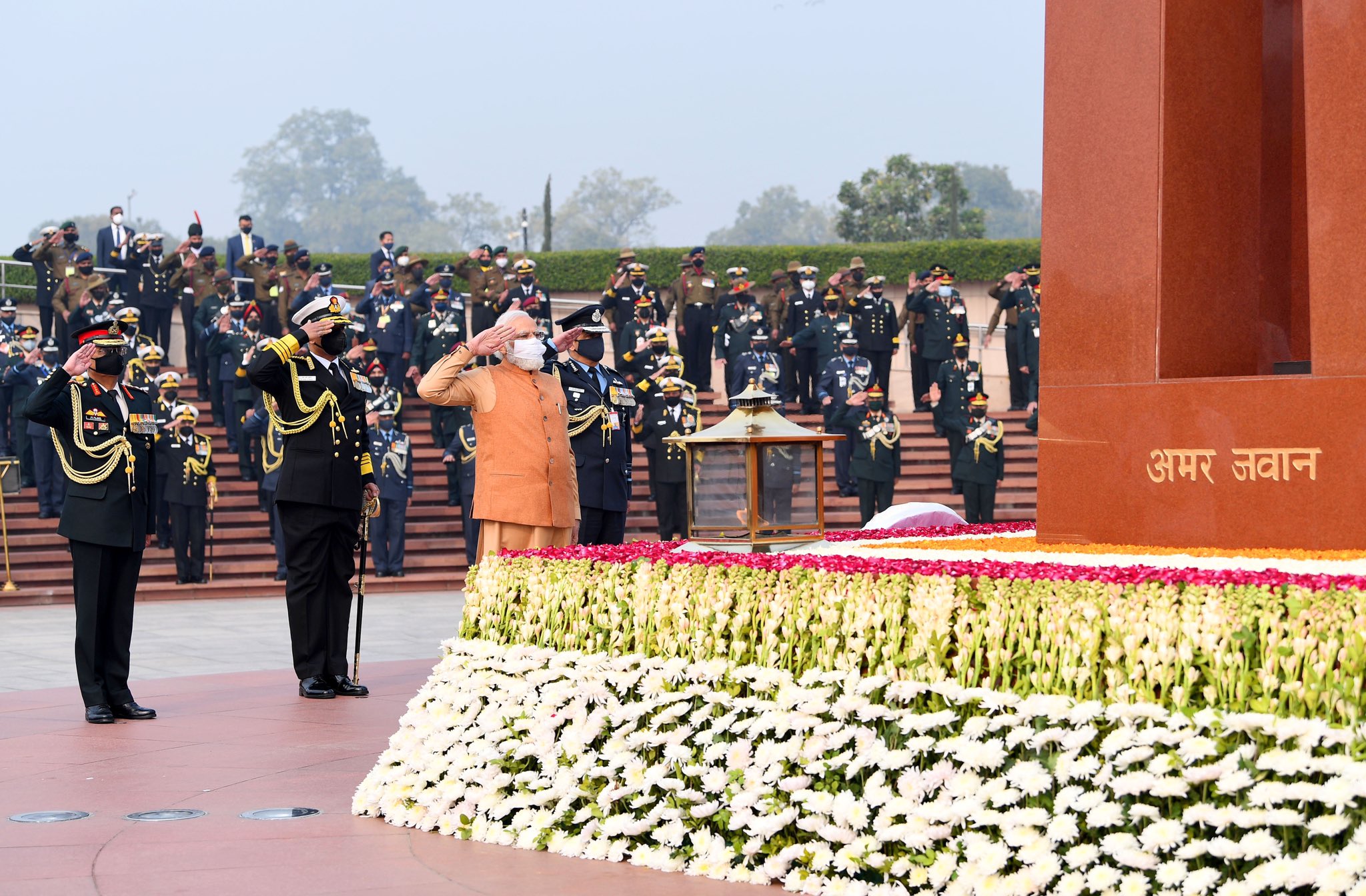
On this Vijay Diwas, President Droupadi Murmu, Prime Minister Narendra Modi, and Defence Minister Rajnath Singh honored the brave soldiers who fought in the 1971 war, securing a historic victory for India and leading to the creation of Bangladesh. Their sacrifices and unyielding spirit continue to inspire generations and serve as a source of national pride. As the nation remembers and pays homage to the fallen heroes, political leaders reaffirmed the unwavering courage and dedication of India's armed forces.

A historian has written a letter to Congress MP Rahul Gandhi, accusing Sonia Gandhi of removing important Nehru papers from the Nehru Memorial Museum and Library in 2008. These papers include Nehru's correspondences with significant figures such as Edwina Mountbatten and Albert Einstein. The issue was allegedly discussed in the society's Annual General Meeting earlier this year, and the historian is seeking Rahul Gandhi's help in retrieving the documents. This comes after the PMML Society's term was extended, and the historian urges for the preservation of India's historical heritage.
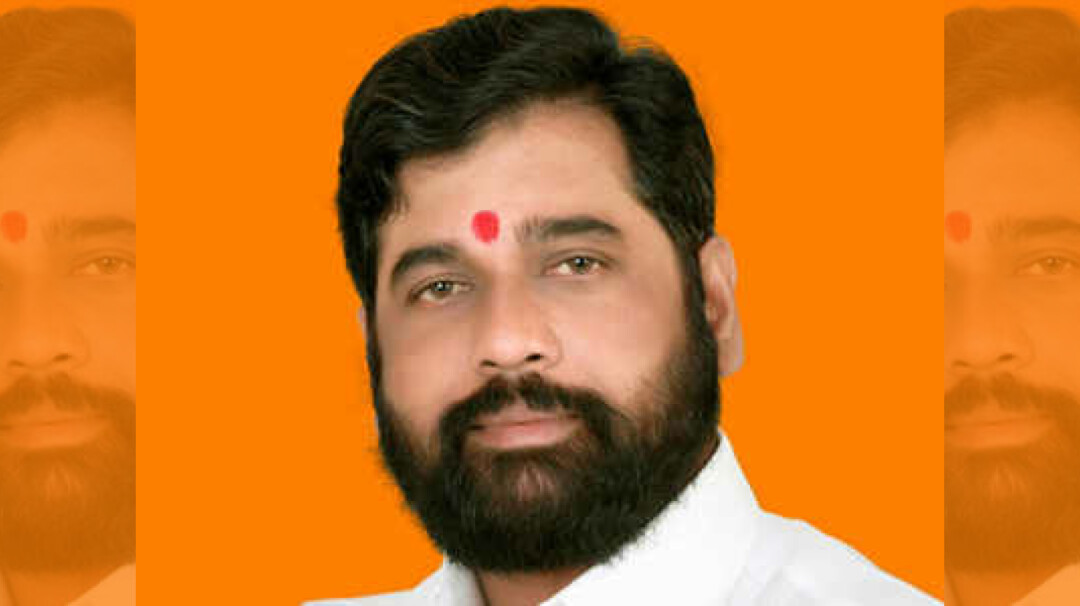
In the recent expansion of the Shiv Sena cabinet, party chief and Deputy CM Eknath Shinde carefully balanced regional and caste considerations, as well as the upcoming civic polls. With a strong message to his party members, Shinde retained five ministers and dropped three, while also including six new faces, following a rotation policy for ministers. Despite controversy surrounding some of the dropped ministers, Shinde's focus was on expanding the party's reach across all five regions of the state.
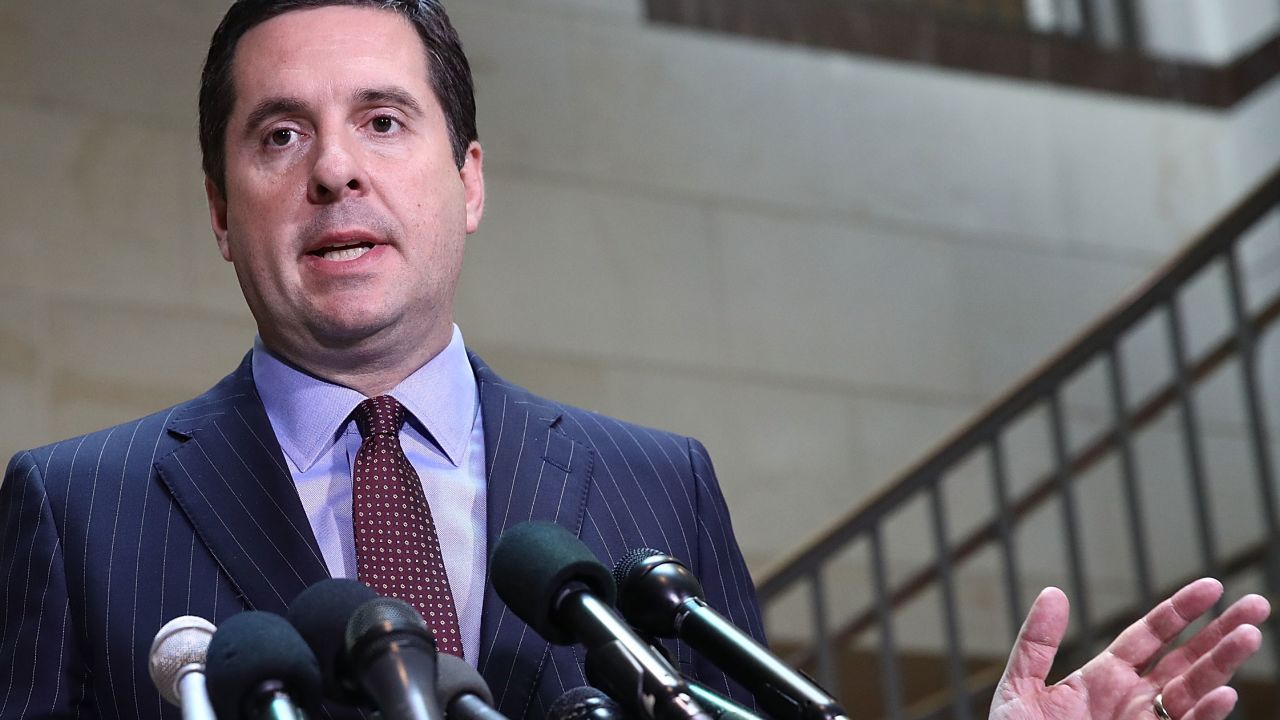
Amidst ongoing controversy over the US presidential election, President-elect Donald Trump appointed Devin Nunes, the CEO of Truth Social, as the chairman of the President's Intelligence Advisory Board. Nunes' previous experience as the chairman of the House Intelligence Committee and involvement in exposing Russian interference in the 2016 election were cited as qualifications for the role. The President's Intelligence Advisory Board provides independent advice to the President on the effectiveness and future plans of the country's intelligence community. In other news, Trump has also nominated Indian-American Harmeet Dhillon for a high-ranking position in the Department of Justice.